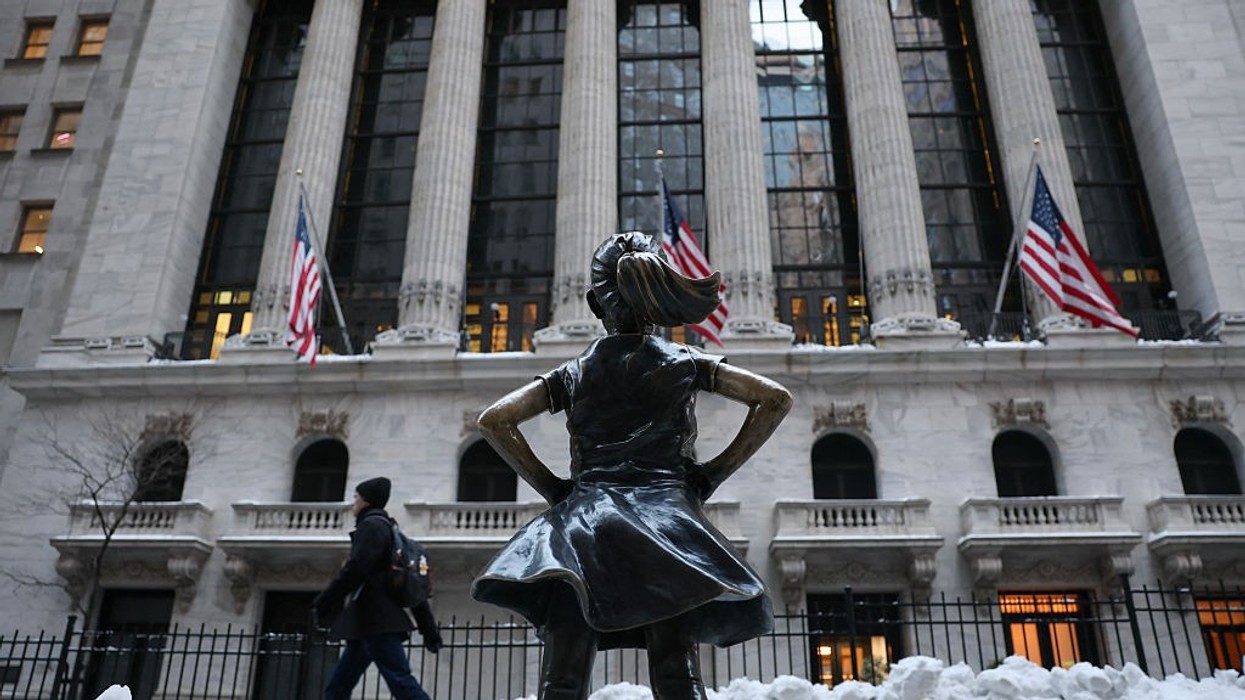The global economy is increasingly at risk due to its heavy dependence on the US stock market, according to former International Monetary Fund (IMF) chief economist and current 'first deputy managing director Gita Gopinath.' In an opinion piece published in The Economist, Gopinath warned that a sharp correction in US equities could unleash a financial shock far greater than the dotcom crash of the early 2000s.
Gopinath argues that both domestic and international investors are now deeply exposed to American equities, particularly those tied to the fast-growing technology sector, creating a fragile, interconnected system. “The scale of exposure today is far larger and more interconnected than in 2000,” she wrote. “A correction in American markets would reverberate worldwide.”
Rally and risk
US stock markets continue to trade near record highs, largely driven by optimism surrounding artificial intelligence and technology-driven productivity gains. Gopinath draws parallels to the speculative exuberance that preceded the dotcom bubble, suggesting that the current rally could set the stage for another painful correction.
She highlights that American households have significantly increased their equity holdings, while foreign investors—especially from Europe—have poured capital into US markets, attracted by the strength of the dollar and the dominance of American firms. This deep interdependence means “any sharp American market downturn will echo across the world,” Gopinath warned.
Trillions at stake
According to Gopinath’s analysis, a market correction similar to the early 2000s crash could wipe out over $20 trillion in US household wealth—roughly 70 per cent of America’s GDP in 2024. Such a loss, she warns, would drastically reduce consumer spending and could shave up to two percentage points off US GDP growth.
The global repercussions could be even more dramatic. Foreign investors might face losses exceeding $15 trillion, or about 20 per cent of the rest of the world’s GDP, more than double the scale of foreign losses during the dotcom collapse. “This stark increase in spillovers underscores how dependent the world has become on the performance of American markets,” she noted.
Limited room for policy response
Gopinath warned that governments today have far less capacity to respond to such a crisis compared to previous decades. Record public debt, geopolitical tensions, and political gridlock have constrained fiscal flexibility. “High debt levels and political stalemate mean that fiscal stimulus will be far more limited than in the past,” she wrote.
Even the US dollar traditionally viewed as a safe haven in times of turmoil, may no longer offer the same stability. Gopinath pointed out that investor confidence in American institutions, including the Federal Reserve, has weakened, potentially diminishing the dollar’s stabilizing role.
A call for global balance
Gopinath attributes much of this fragility to “unbalanced growth,” with innovation and productivity concentrated disproportionately in the United States. She urges other regions, particularly Europe and emerging markets, to deepen economic integration and sustain credible growth to diversify global capital flows.
“A market crash now would not lead to the brief, mild downturn we saw after the dotcom bust,” Gopinath concluded. “There is far more wealth at risk—and far less policy space to soften the blow.”







 Let’s stop shaming Genzfor switching jobsI see a lot of ‘career gurus’shaming 22-year-olds for switching jobs every year.But isn’t that exactly what the youth should be doing? 🤔Early in our… | Anupam Mittal | 561 comments
Let’s stop shaming Genzfor switching jobsI see a lot of ‘career gurus’shaming 22-year-olds for switching jobs every year.But isn’t that exactly what the youth should be doing? 🤔Early in our… | Anupam Mittal | 561 comments 







